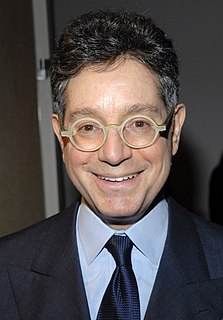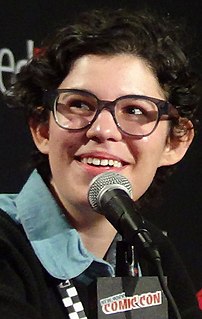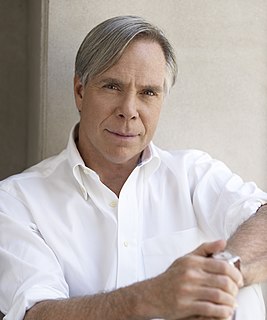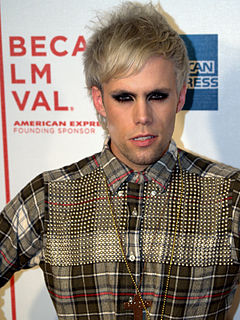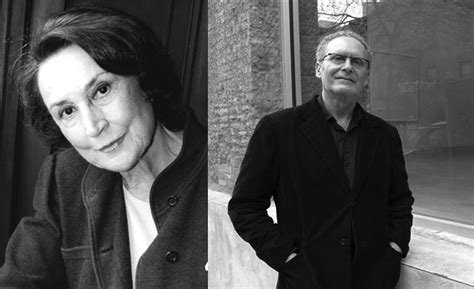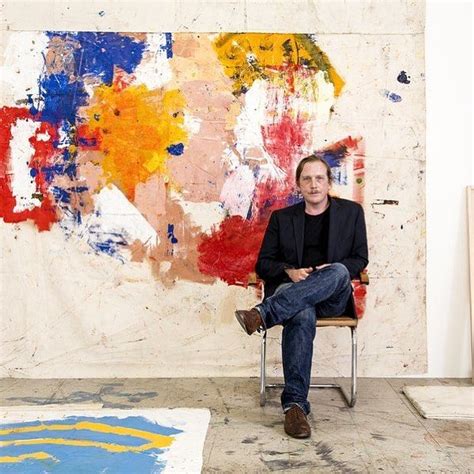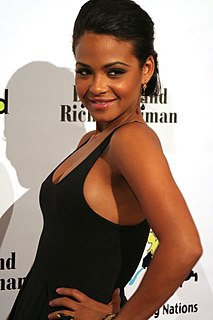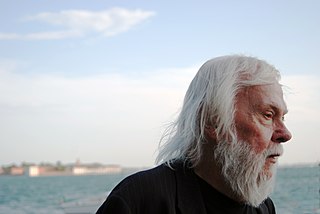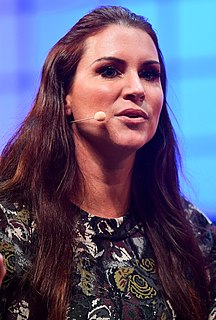A Quote by Jeffrey Deitch
We use the term pop in the art world, as in Pop Art, but we forget that its root is popular - popular culture.
Related Quotes
There are people who are known for some contribution to pop culture, but that doesn't mean that you've survived solely on your relevance to whatever is currently popular. That's what a pop star is, in that sense. You might start out as a pop star, but that's just an opportunity to become more relevant, if you possibly can.
I always have looked at "indie" as a term of "independence." Never associated a sonic gesture with that in the same way that pop music has always meant "popular" to me it didn't define a sound. And I think now that has been the context for things. If something is indie, it almost has this sonic association with it, or pop has become this term of shame almost, like, bubblegum sweet pop.
Warhol and other Pop artists had brought the art religion of art for art's sake to an end. If art was only business, then rock expressed that transcendental, religious yearning for communal, nonmarket esthetic feeling that official art denied. For a time during the seventies, rock culture became the religion of the avant-garde art world.
'We Are Pop Culture' is my clothing line for women that started with just T-shirts. The clothing line is urban street wear. It's for women that feel confident in their own skin and want to express themselves. The whole idea is to play with modern pop culture and previous pop culture using art and sayings.
